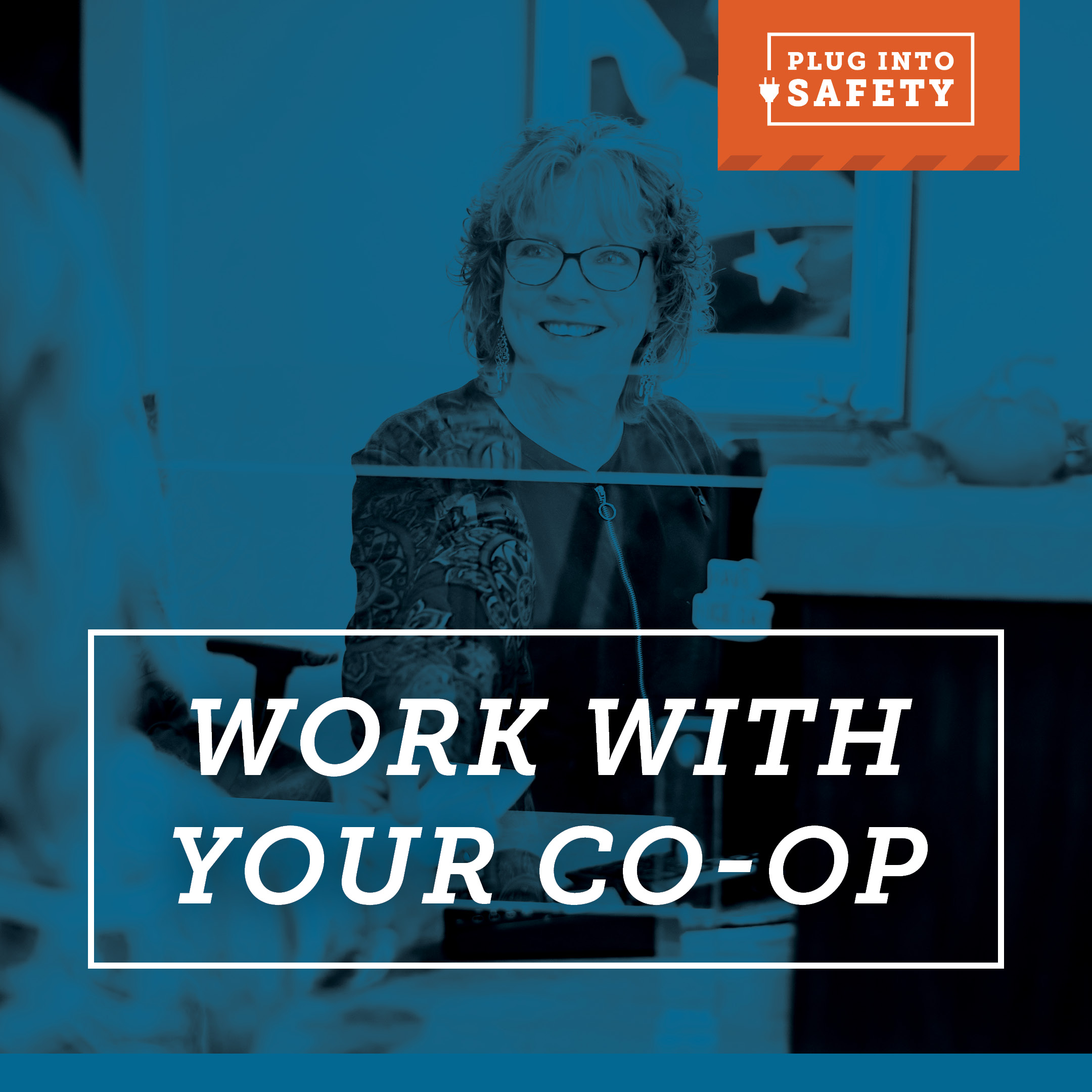Shopping for dorm décor, searching for extra-long sheets, and stocking up on Easy Mac are musts for students going off to college for the first time. Another must, which is often overlooked, is being mindful of electrical safety concerns associated with communal living.
“College is the first time most young adults will be away from home in a shared living space,” said Rick Coons, CEO of Indiana Electric Cooperatives, “and with that comes the responsibility of others’ safety as well as their own.”
The U.S. Fire Administration reports that each year in the U.S., college students experience hundreds of fire-related emergencies. Most are due to a general lack of knowledge about fire safety and prevention.
Since 2000, 161 people have died in campus-related fires across the nation, according to campus-firewatch.com, and 86 percent of the fatalities have occurred in off-campus housing. Most colleges provide electrical safety tips for students living in campus housing.
Many students, however, may live in off-campus apartments or houses and not receive safety training. Kosciusko REMC, based in Warsaw, Ind., provides electric service to a few student housing units owned by Grace College, located in Winona Lake, Ind. Tom Shively, who works in preventative maintenance at the college and also serves on the Kosciusko REMC board of directors, said it’s important that students know how to react in case of a fire.
For example, Shively said knowing where fire extinguishers are located can prevent small stove or microwave fires from expanding beyond the appliance and catching a building on fire.
Many fires start with misuse or carelessness with electrical appliances and equipment. “Be mindful of safety all the time,” Shively said. “Don’t take it for granted.” Following basic electrical safety tips can prevent many campus-related fires. The Electrical Safety Foundation International offers the following advice:
- Use floor lamps with fluorescent bulbs instead of halogen bulbs. They stay cooler and use less energy.
- Do not drape towels or clothing over lamps.
- Do not run cords under rugs or furniture where they can be walked on or pinched.
- Throw away frayed cords or cords with broken plugs.
- If appliance cords feel hot, turn off the device and ask maintenance personnel to take a look at it.
- Turn off devices if you’ll be away from your room for more than a few minutes to further reduce the risk of starting a fire. This also saves energy.
- Remember that electricity and water don’t mix, so be extra cautious when using hair dryers and curling irons near bathroom sinks.
# # #
Sources:
Electrical Safety Foundation International
U.S. Fire Administration





